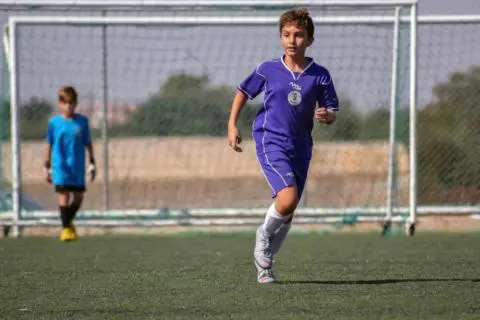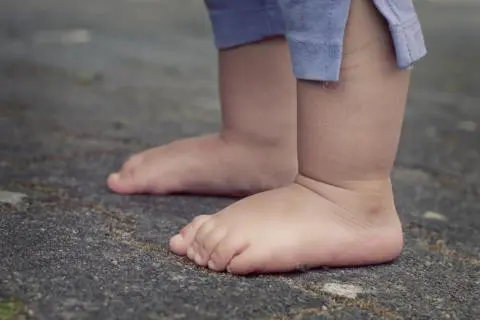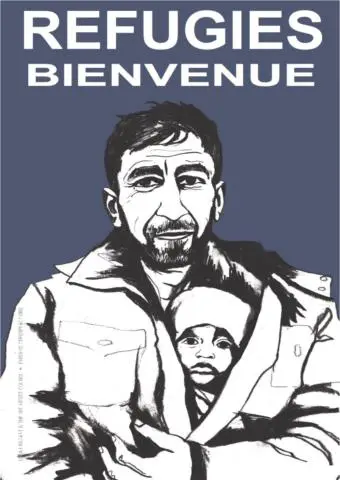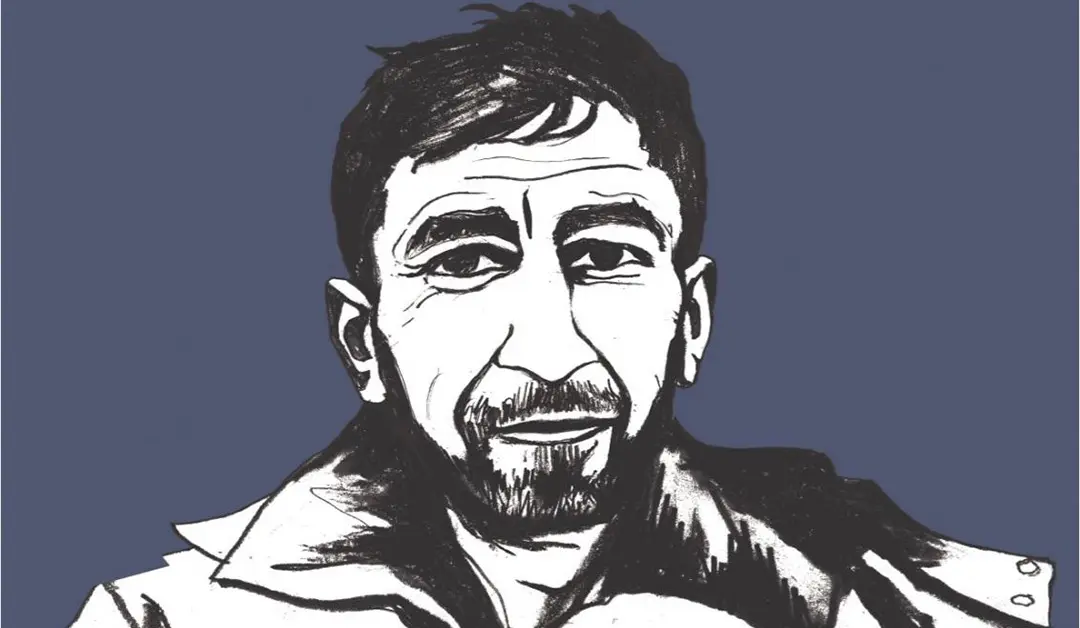This week we tackle a topic close to my heart, the refugee crisis, specifically, refugees in France. While the situation in the Languedoc is a far cry from some of the “hotspots” in Greece and Turkey, there are an increasing number of war refugees in the area. Contrary to popular belief that all refugees are young men, the majority of local asylum seekers are in fact families, many with young children. I wrote this article shortly after visiting a Syrian family living in Béziers for the first time. Despite the vast differences in our life histories, I was struck by the similarities in our experiences of settling into the region.
The Tiny Details: Connected by all we have in common
Sometimes it’s the smallest details that help us feel connected to the refugees arriving in France. Recognizing our common humanity is easier when we notice all that we share — a love for making hummus, watching football, or fancy footwear. These everyday things make us realize that it’s just a bit of luck that we aren’t in their shoes.
The kids. That’s my connection. Several of the families I have met have had a girl exactly my daughter’s age, a boy exactly my son’s age.
Last week I saw a request for children’s DVDs in French for a Syrian family who had recently arrived in the area. A friend gave me a box of videos her daughter no longer watched and my kids, husband, and I piled into the car Saturday afternoon to central Béziers. We walked into the temporary housing for asylum seekers and introduced ourselves to the mother, father, and their four children who sat around the table finishing up lunch.
Sure enough, the Syrian little girl and my daughter stared at each other shyly as their little brothers ran downstairs to play soccer. The older three children were finally starting school this week. The two younger ones had never been to school and the older girl hadn’t been in a few years.

Image by Dimitris Vetsikas from Pixabay
As I listened to the parents ask about the kind of backpacks kids used here and whether we thought they should put their kids in the cantine or bring them home for lunch, our connection ratcheted up a few million notches.
Starting school in France
Just a few years ago I was putting my own kids into the French school system for the first time. I was trying to wrap my own head around this idea of a two hour lunch. My kids didn’t speak a word of French back then and I wasn’t much ahead of them. The Syrian dad wanted to know how long it took them to feel confident with the language and we all smiled as my son started reciting his most recent poésie.
I can’t stop thinking about how much we have in common with what this refugee family is experiencing, yet how many worlds apart we are.
I’ve heard bits and pieces of this family’s story. It’s heart-wrenching, like you’d expect, and not for me to get into here. Here, I’d just like to think about what we share in common. Yes, we both moved to France for very different reasons. Yes, my husband and I can leave at any point and being here is a choice. But at the end of the day, we are parents, trying to do the best for our kids, nervous about how to communicate with the teacher and wading through French paperwork.

Image by Esi Grünhagen from Pixabay
Smartphones and First Steps
Shortly before we arrived on Saturday, the baby of the family had just walked for the very first time. She didn’t want to perform for us, and just wobbled back and forth as her parents encouraged her to try again. So the dad did what I’ve done many a time. He whipped out his phone, and the nine of us gathered around, watching the small screen as the little girl stood uncertainly. She stood clapping to the music and slowly she took those first unsteady steps. We all cheered, and watched it again and again.
I thought about all the people who say “If they’re refugees, why do they have smartphones?” If they could sit in that room with us, watching a video many of us have made in our own homes, of our own baby’s first steps, perhaps they’d understand. Their smartphones make them more like you and me.
If I were to flee my home, if my family was at risk, I know my phone is one of the first things I’d throw in my bag.

Natasha Freidus was Renestance’s first blog editor and web content advisor. She is a consultant and trainer specialising in multimedia storytelling. You can learn more about her work at her website, Creative Narrations. Natasha moved to Roujan from Seattle in early 2013 with her husband and two children.
All articles by: Natasha Freidus


